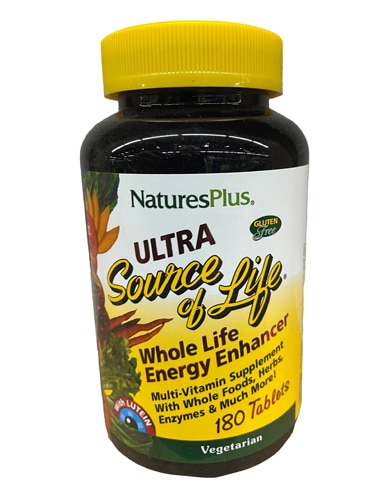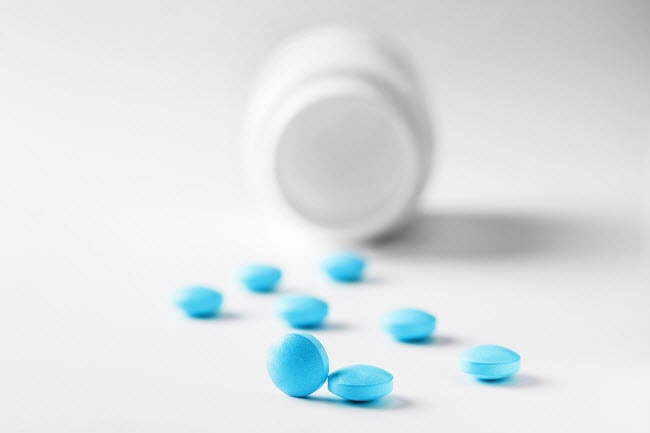A growing number of Americans are turning to multivitamins and supplements to support their daily nutrition. According to the 2018 CRN Consumer Survey on Dietary Supplements, 75 percent of adults in the United States currently take dietary supplements, compared to 65 percent in 2009. But as interest rises, so do questions and concerns about supplement regulation: Are supplements regulated? How do I know what’s in the bottle? Can manufacturers put anything they want in their formulations?
In this article, we dive into those details and demystify the supplement industry, so you can make a more informed decision.
Are Supplements Regulated?
The Dietary Supplement Health and Education Act of 1994 (DSHEA) is the United States federal legislation that guides and regulates dietary supplements. Within DSHEA, the Food and Drug Administration (FDA) governs the current Good Manufacturing Practices (cGMPs) for supplements under 21 CFR Part 111.
The current Good Manufacturing Practices require manufacturers to produce supplements that meet quality standards. Compliant manufacturers must prove their supplements:
- do not contain contaminants
- do not contain impurities
- are accurately labeled
While DSHEA imposes strict quality standards, it does not give the FDA authorization to approve dietary supplements the way it does pharmaceutical drugs. With DSHEA, there is no pre-market approval for a finished product. Instead, each individual ingredient is scrutinized. Ingredients get approved one of two ways: through Generally Recognized as Safe (GRAS) certification or through New Dietary Ingredient (NDI) requirements.
GRAS – The Food Additive Amendment to the Federal Food, Drug and Cosmetic Act of 1958 established that food additives are subject to FDA approval unless “the substance is generally recognized, among qualified experts, as having been adequately shown to be safe under the conditions of its intended use,” according to FDA.gov. In many cases, the ingredient is GRAS-certified if it has been used for centuries and has not caused harm, such as salt, certain botanical herbs and caffeine, to name a few. These ingredients would not need FDA review, because they are already recognized as safe.
NDI – If the ingredient is not GRAS, it must follow NDI requirements, which were brought on with the implementation of DSHEA. It states that any new ingredient must be submitted to the FDA for review. “New” ingredients are those that have not been used in dietary supplements since October 15, 1994 (when DSHEA was enacted). Also under these requirements, any New Dietary Ingredient Notification must be submitted to the FDA within a certain time frame – well before the ingredient is to be marketed to consumers.
To sum it up:
- The FDA is NOT authorized to approve dietary supplement formulations for safety and effectiveness.
- However, the FDA is authorized to review individual ingredients used in dietary supplements in order to ensure they are safe for consumption.
- If an ingredient has GRAS certification, it does not need to be reviewed by the FDA.
- If an ingredient is new and does not have GRAS certification, it must be submitted to the FDA well before the product hits shelves, giving the FDA ample time to review it for safety.
- The FDA never reviews supplement ingredients for their effectiveness – only for their safety.
In addition to DSHEA, GRAS and NDI, most supplement companies – including the Vitacost Brand – have an internal quality assurance and regulatory department. These critical teams make sure the company abides by the laws and regulations that govern the supplement industry.
How Do I Know What’s in the Bottle?
Sometimes, reading a supplement label isn’t enough. For instance, have you ever seen the words “proprietary blend” on a supplement label and wondered what was in the blend? Or maybe you’ve had a bad reaction to a formula and thought there might be a hidden ingredient.
Unfortunately, there will always be a few bad apples – those companies that don’t put the right claims on their labels or sneak banned substances into their products. But for the most part, these companies are long gone, or are heavily punished for their actions.
Over the years, consumer advocacy groups, like the Council on Responsible Nutrition (CRN), have made a big push for transparency in the supplement industry. Because of this, it’s now more common to see blends broken out, so the consumer knows the dose of each individual ingredient.
There’s also been a rise of third-party certifications, including organic certifications and safety verifications. NSF International is one example of a prominent and well-trusted certifying body. You’ve probably seen the NSF mark on a supplement bottle. This circular icon guarantees that the product meets certain safety and quality standards, as well as subjects the manufacturer to periodic, unannounced inspections.
With organizations like these fighting for consumers’ well-being, you can rest assured supplement companies have your best interest at heart. And any company that doesn’t, will face swift and appropriate consequences.
What’s the Best Way to Shop for Supplements?
Now that you have a better understanding of the industry’s regulations and best practices, you can start supplement shopping with more confidence. Here are a few additional tips to help you choose the safest and most effective products:
- Look out for claims. If the supplement touts claims that seem too good to be true, they probably are. Also, any claims relating to diseases – diabetes, cancer, high blood pressure and even the common cold – are illegal in the eyes of the FDA.
- Don’t be afraid of unfamiliar names. Sometimes, regulation requires that the Latin or formal name of a very common ingredient be used instead of the layman’s term. The good news is that you can easily look up the common name, keeping in mind that “clean labels” may contain synthetic ingredients.
For example, the synthetic form of folate, or vitamin B9, is folic acid. Though manmade, folic acid is better absorbed by the body, because it’s the active form of vitamin B9. Many people do not have the enzyme that converts inactive folate into the active state. So by providing the synthetic form (folic acid) in a supplement, your body can effectively enjoy the benefits of this important vitamin.
- Follow instructions carefully. When it comes to vitamins and supplements, more is not always better. It’s important that you always stick to the recommended dose as noted on the packaging, especially if the formula contains stimulants like caffeine. Be a smart consumer and understand that there is an efficacy plateau with dietary supplements.
- Consult your healthcare provider. You should always speak to your doctor before starting a new supplement regimen. This is especially true if you have any current health conditions that require medication. Make sure you ask about the best time to take vitamins and if there are any known drug interactions between your prescription medication and dietary supplements.




